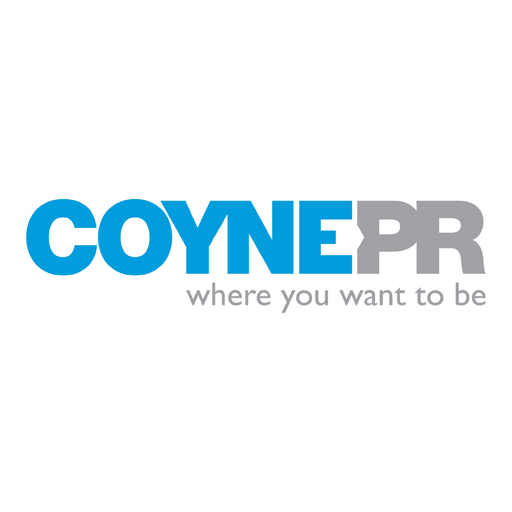Coyne PR 09 Feb 2015 // 4:57PM GMT

Authenticity. Driven by a mix of consumer trends, the increasingly prominent voice of millennials, a ubiquitous social media landscape, and frankly, the right way to do business, authenticity has become a critical component for how a brand acts, interacts, and communicates.
Authenticity starts by knowing who you are as a brand. I don’t mean the brand identity or the brand promise, or even the key messages; assume those are defined. I’m talking about the consistent articulation of those elements, particularly in earned and social media. From a communications standpoint, there are fundamentals to creating an authentic brand voice and experience for consumers:
- Establish “permission:” Yes, lots of time, effort and money is spent defining a brand. But less time is spent defining “what does this brand have permission to talk about,” a fundamental question PR professionals should be asking about the brands they represent. Defining this at the outset provides the foundation for all the ideas you’ll generate, the campaigns you’ll develop and the one-off opportunities you’ll attempt to engage in. Simply, answering this question leads to the most effective PR campaigns. Avoiding the question gets brands into trouble, especially in social media. Surprisingly, consumers often have a better sense of what “permission” brands have to enter into a conversation than the people who represent those brands. Resist the temptation to “maximize a newsworthy opportunity” if you haven’t fully explored the permission question. If people know you better than you know yourself, it can only lead to trouble.
- Know who should speak on your behalf: Food brands in particular no longer want the most well-known person to speak for their brand; they’d rather have the most authentic. A YouTube chef that loves and advocates for your brand is much more credible and authentic than a celebrity for hire. You can’t create authenticity through a well-crafted speaking point. Sorry to rain on your key messages.
- Know when to listen: Greek philosopher Epictetus famously said, "We were born with two ears and one mouth, so we can listen twice as much as we speak." The Coca-Cola Company recently brought back its SURGE soft drink after a twelve year absence, thanks to the passion of three millennials who lead the umm, surge. Other brands have changed ingredients (or changed them back) or even how they do business, due in part to the passion of their fans. These types of efforts reward existing fans, drive awareness for new customers and provide a halo for the corporate entity as well. We all appreciate someone who listens.
- Know when to admit mistakes: You’ve seen the non-apology apology. It usually comes from celebrities and athletes. Beyond being insincere, it rarely evokes sympathy or forgiveness. From a brand perspective, the non-apology apology can breathe new (negative) life into the issue, driving more unwanted attention to something you’re trying to move past.
The brands that have been doing it right (and there have been a couple recently) fully admit they made an error, explain the circumstances behind it, and promise to do better. Being contrite, sincere, and owning the mistake goes a long way. It’s not easy in the short-term. But it’s a great step towards building trust that you’ll always work to make things right. Considering there’s no admiration without trust, you really have nothing to lose and everything to gain.

Tim Schramm is Senior Vice President at
Coyne PR


































.jpg)







.tmb-135x100.jpg)












